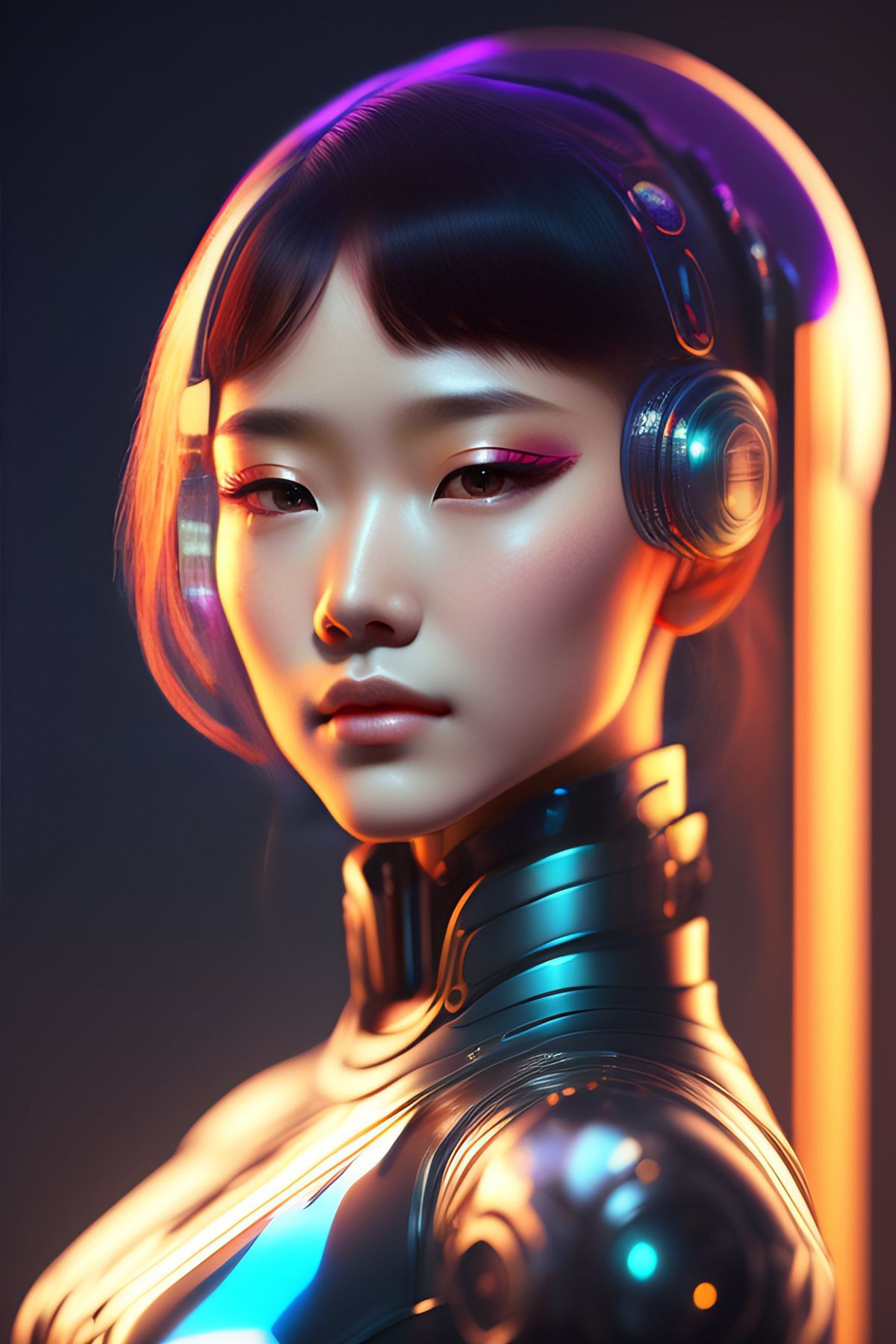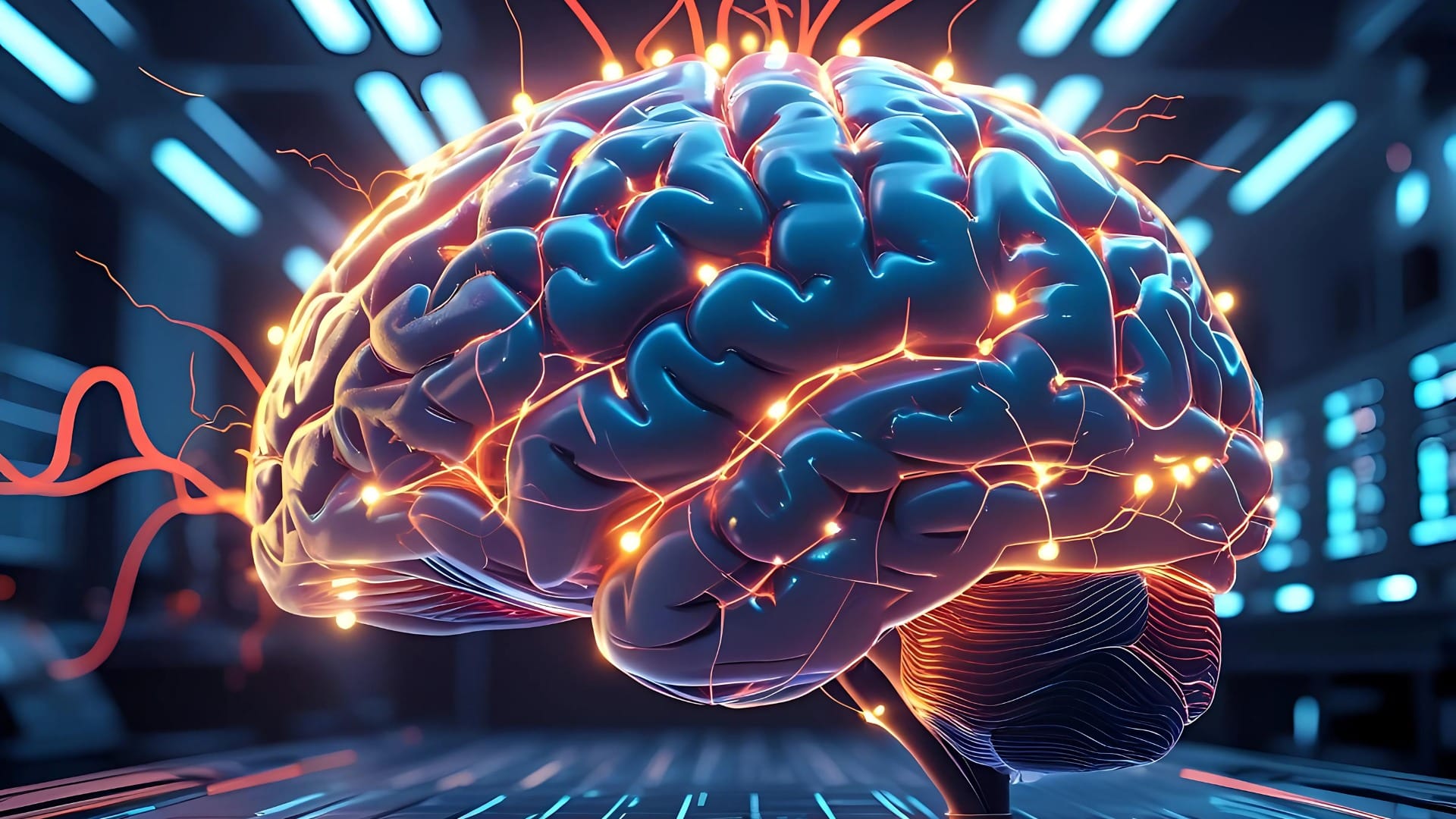Technology will really hijack your mind beyond the year 2024! Believe it or Not!
In this article, we will explore the key takeaways from these technological advancements and how they will impact our future.

Technology has always been evolving at a rapid pace, but in the coming years, it will truly hijack our minds. From the rise of artificial intelligence to the Internet of Things revolution, and from virtual reality to augmented reality, the advancements in technology will reshape our lives in ways we can't even imagine. However, with these exciting developments come new challenges, particularly in the realm of cybersecurity. In this article, we will explore the key takeaways from these technological advancements and how they will impact our future.
Key Takeaways
- Artificial Intelligence will become an integral part of everyday life, transforming industries and enhancing efficiency.
- The Internet of Things will revolutionize our homes, transportation, and manufacturing processes, making our lives more connected and convenient.
- Virtual Reality and Augmented Reality will revolutionize gaming, training, and design, creating immersive experiences like never before.
- The future of cybersecurity will require advanced technologies and strategies to protect personal data from emerging threats and challenges.
- As technology continues to advance, it is crucial for individuals and organizations to stay informed and adapt to the changing landscape.
The Rise of Artificial Intelligence
AI in Everyday Life
Artificial Intelligence (AI) has become an integral part of our daily lives, revolutionizing various aspects of our routines. From voice assistants like Siri and Alexa that help us with tasks and answer our questions to recommendation algorithms that suggest movies, products, and articles based on our preferences, AI is constantly working behind the scenes. It has also made significant advancements in the field of healthcare, assisting doctors in diagnosing diseases and analyzing medical images. Moreover, AI has transformed the way we learn with personalized online education platforms that adapt to individual learning styles. With AI becoming more pervasive, it is clear that its impact on our everyday lives will only continue to grow in the future.
| Benefits of AI in Everyday Life |
|---|
| - Improved efficiency and convenience |
| - Enhanced personalization |
| - Advanced decision-making |
| - Automation of repetitive tasks |
AI has the potential to reshape the world as we know it, making our lives easier and more efficient. Its ability to analyze vast amounts of data and provide valuable insights is truly remarkable. As we embrace AI in our everyday lives, we must also address the ethical considerations and ensure that it is used responsibly and for the benefit of humanity.
AI in Healthcare
Artificial Intelligence (AI) has revolutionized the healthcare industry in numerous ways. Machine learning algorithms are being used to analyze large amounts of medical data and identify patterns that can help in diagnosing diseases and predicting patient outcomes. AI-powered robots are assisting in surgeries, making procedures more precise and reducing the risk of errors. Additionally, AI is being used to develop personalized treatment plans based on individual patient characteristics and medical history. The integration of AI in healthcare has the potential to improve patient care, increase efficiency, and save lives.
| Advantages of AI in Healthcare |
|---|
| - Faster and more accurate diagnosis |
| - Improved patient outcomes |
| - Enhanced precision in surgeries |
| - Personalized treatment plans |
AI is transforming the healthcare industry, enabling advancements that were once unimaginable. With the power of AI, healthcare professionals can provide better care and improve patient outcomes.
AI in Education
Artificial Intelligence (AI) has the potential to revolutionize the field of education. With the ability to analyze vast amounts of data and provide personalized learning experiences, AI can help students learn at their own pace and in their own style. AI-powered virtual tutors can provide instant feedback and guidance, enhancing the learning process. Additionally, AI can assist teachers in creating tailored lesson plans and identifying areas where students may need extra support. The integration of AI in education has the potential to create a more efficient and effective learning environment, preparing students for the challenges of the future.
| Pros of AI in Education | Cons of AI in Education |
|---|---|
| * Personalized learning experiences |
- Instant feedback and guidance
- Efficient lesson planning
- Identifying areas of improvement
| * Potential job displacement
- Privacy and data security concerns
- Lack of human interaction |
The Internet of Things (IoT) Revolution
Smart Homes and Connected Devices
The rise of the Internet of Things (IoT) has led to the development of smart homes and connected devices that are revolutionizing the way we live. These devices, such as smart thermostats, security systems, and voice assistants, enable homeowners to control and automate various aspects of their homes. With the increasing integration of AI and machine learning, these devices are becoming smarter and more intuitive, learning from our behaviors and preferences to provide personalized experiences. Smart homes are not only convenient but also offer enhanced security and energy efficiency. For instance, homeowners can remotely monitor and control their home security systems, receive alerts in case of any suspicious activities, and even adjust the temperature to save energy. The future of smart homes and connected devices looks promising, with advancements in technology and the increasing adoption of IoT.
IoT in Transportation
The Internet of Things (IoT) is revolutionizing the transportation industry. With the integration of IoT devices and sensors, vehicles are becoming smarter and more connected. This allows for real-time monitoring of vehicle performance, traffic conditions, and driver behavior. Transportation companies are leveraging IoT technology to optimize routes, reduce fuel consumption, and improve overall efficiency. Additionally, IoT-enabled vehicles can provide valuable data for predictive maintenance, ensuring that vehicles are serviced before breakdowns occur. The use of IoT in transportation also enhances safety and security by enabling features such as remote vehicle tracking, anti-theft systems, and emergency response systems. The potential of IoT in transportation is immense, and it will continue to shape the future of mobility.
IoT in Manufacturing
The Internet of Things (IoT) has revolutionized the manufacturing industry, enabling the creation of smart factories. These factories are equipped with connected devices and sensors that collect real-time data and communicate with each other. This data can be analyzed to optimize production processes, improve efficiency, and reduce costs. Manufacturers can now monitor and control their operations remotely, leading to increased productivity and reduced downtime. Additionally, IoT in manufacturing has opened up new opportunities for predictive maintenance, where machines can be monitored for potential issues and maintenance can be scheduled proactively. This helps to prevent costly breakdowns and ensures smooth operations. In the future, with the integration of AI and machine learning, IoT in manufacturing will continue to evolve, enabling even more automation and optimization of processes.
| Benefits of IoT in Manufacturing |
|---|
| - Improved efficiency and productivity |
| - Cost reduction through predictive maintenance |
| - Remote monitoring and control |
| - Enhanced safety and security |
The advancements in IoT and manufacturing are transforming the industry, paving the way for a more connected and efficient future.
Virtual Reality and Augmented Reality
VR and AR in Gaming
Virtual Reality (VR) and Augmented Reality (AR) have revolutionized the gaming industry. With VR headsets and AR glasses becoming more affordable and accessible, gamers can now immerse themselves in virtual worlds and interact with digital objects in their physical environment. The use of motion tracking and haptic feedback technology enhances the gaming experience, making it more realistic and engaging. Additionally, VR and AR have opened up new possibilities for multiplayer gaming, allowing players to collaborate or compete in virtual spaces. Imagine battling virtual monsters alongside your friends or challenging them to a game of virtual tennis. The future of gaming is undoubtedly exciting and will continue to push the boundaries of what is possible.
VR and AR in Training and Simulation
Virtual Reality (VR) and Augmented Reality (AR) technologies are revolutionizing the way we train and simulate real-life scenarios. With VR and AR, users can immerse themselves in realistic virtual environments and interact with virtual objects and characters. This allows for more engaging and interactive training experiences, especially in industries such as military, healthcare, and aviation. VR and AR training programs can provide realistic simulations of dangerous or complex situations, allowing trainees to practice and learn in a safe and controlled environment. Additionally, these technologies can enhance the effectiveness of training by providing real-time feedback and performance metrics. By incorporating VR and AR into training and simulation, organizations can improve learning outcomes, reduce costs, and increase safety.
| Benefits of VR and AR in Training and Simulation |
|---|
| - Immersive and realistic training experiences |
| - Safe and controlled environment for practice |
| - Real-time feedback and performance metrics |
VR and AR in training and simulation have the potential to revolutionize various industries by providing more effective and efficient training methods. These technologies offer a unique and immersive learning experience, allowing individuals to acquire and refine skills in a safe and controlled environment. With the advancements in VR and AR, the future of training and simulation looks promising.
The Future of Cybersecurity
Emerging Threats and Challenges
As technology continues to advance, the future of cybersecurity faces numerous emerging threats and challenges. One of the key challenges is the rise of artificial intelligence (AI) in cyber attacks. Hackers are leveraging AI to develop more sophisticated attack techniques, making it harder for traditional security measures to detect and prevent them. Another emerging threat is the increasing interconnectedness of devices through the Internet of Things (IoT), which creates more entry points for cybercriminals to exploit. Additionally, the rapid adoption of cloud computing and remote work has raised concerns about the security of personal data. Organizations and individuals must stay vigilant and invest in advanced security technologies to defend against these evolving threats. The future of cybersecurity will require a proactive and multi-layered approach to protect sensitive information and maintain digital trust.
| Key Challenges | Solutions |
|---|---|
| AI-powered cyber attacks | Implement AI-based security systems |
| IoT vulnerabilities | Strengthen IoT device security |
| Cloud and remote work security | Encrypt data and use secure access controls |
The increasing complexity and sophistication of cyber threats necessitate constant innovation and collaboration among cybersecurity professionals to stay one step ahead.
Protecting Personal Data
In the future of cybersecurity, protecting personal data will be of utmost importance. With the rise of technology and the increasing amount of data being collected, individuals and organizations need to take proactive measures to safeguard sensitive information. This can be achieved through the implementation of advanced security technologies that can detect and prevent cyber threats. Additionally, it is crucial to educate individuals about the importance of maintaining strong passwords and practising safe online behaviour. Data encryption will also play a significant role in protecting personal data, ensuring that it remains secure and inaccessible to unauthorized individuals. As the saying goes, 'Prevention is better than cure.' By taking the necessary precautions and investing in robust cybersecurity measures, individuals and organizations can minimize the risk of data breaches and ensure the privacy and security of personal information.
Frequently Asked Questions
What is artificial intelligence (AI)?
Artificial intelligence (AI) refers to the simulation of human intelligence in machines that are programmed to think and learn like humans.
How is AI used in everyday life?
AI is used in everyday life in various ways, such as virtual assistants like Siri and Alexa, recommendation systems on e-commerce platforms, and personalized advertisements.
What are the applications of AI in healthcare?
AI is used in healthcare for tasks like diagnosing diseases, analyzing medical images, and developing treatment plans.
How is AI transforming education?
AI is transforming education by providing personalized learning experiences, automating administrative tasks, and enabling intelligent tutoring systems.
What is the Internet of Things (IoT)?
The Internet of Things (IoT) refers to the network of physical devices, vehicles, appliances, and other objects embedded with sensors, software, and connectivity to exchange data.
How are smart homes and connected devices part of the IoT revolution?
Smart homes and connected devices are part of the IoT revolution by allowing users to control and monitor their home appliances, security systems, and energy usage remotely.
Check out these amazing content from Bookspotz:










